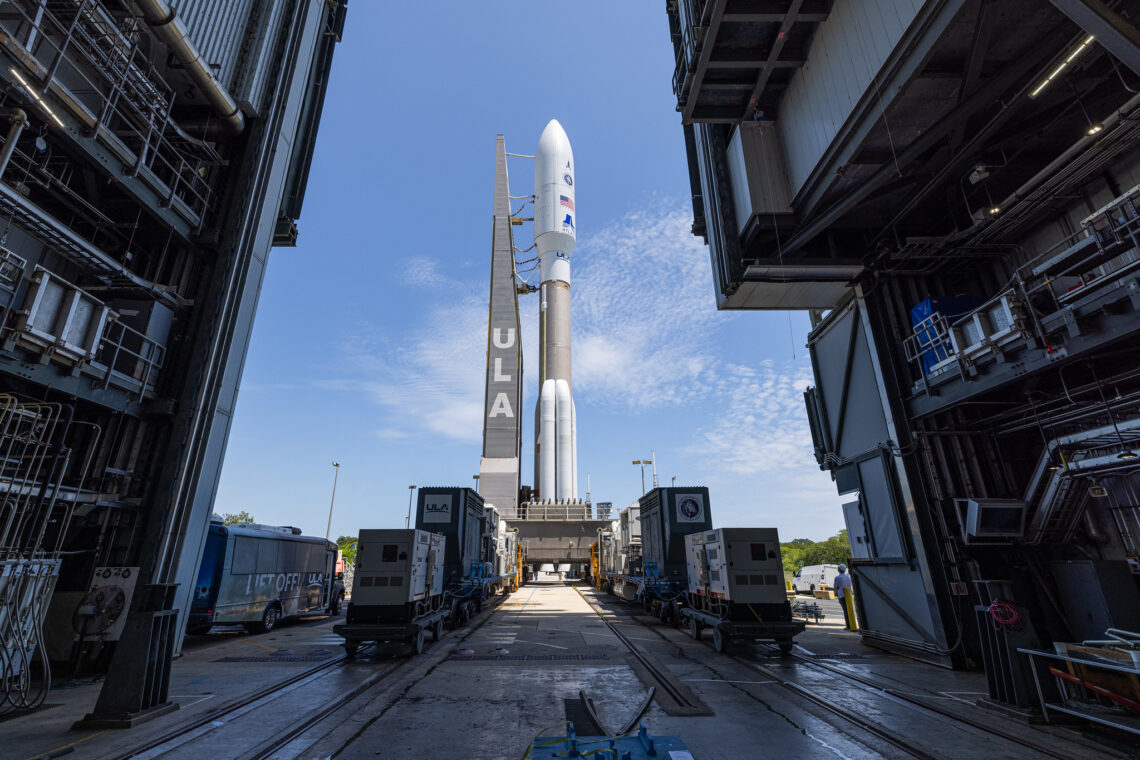WASHINGTON — United Launch Alliance (ULA) is set to launch its final Atlas 5 rocket for the U.S. military on July 30.
The classified payload, designated USSF-51, is scheduled to lift off at 6:45 a.m. Eastern from Space Launch Complex 41 at Cape Canaveral Space Force Station, bound for geostationary Earth orbit.
This mission will be ULA’s 100th national security launch and the Atlas 5’s 53rd.
USSF-51 also represents the first ULA launch under the National Security Space Launch (NSSL) Phase 2 contract, awarded by the Space Force to ULA and SpaceX in 2020. While SpaceX launched its first Phase 2 mission in January 2023, ULA’s schedule has been disrupted by development issues with its next-generation Vulcan Centaur rocket.
The Vulcan Centaur, designed to replace both the Atlas 5 and Delta 4 rockets, promises increased performance and flexibility for a wide range of missions. However, its development encountered setbacks, pushing its debut launch to January 2024 and delaying its certification for national security missions.
Originally, USSF-51 was slated to fly on Vulcan as part of the Phase 2 contract but the mission was reassigned to the proven Atlas 5.
“Because of the criticality of the spacecraft that we’re putting up. we elected to transition it from Vulcan to Atlas for more schedule certainty.” Gary Wentz, ULA’s vice president of government and commercial programs, told SpaceNews.
While the Atlas 5 is bidding farewell to the NSSL program, its career is far from over. ULA has plans for an additional 16 commercial and non-defense missions, including crewed launches, utilizing the remaining Atlas rockets in its inventory.
As ULA works towards Vulcan’s certification, two NSSL missions are already in various stages of preparation for launches on the new rocket, tentatively scheduled for late 2024, pending the completion of a second Vulcan certification launch scheduled for September.
Transition to…
Read the full article here

